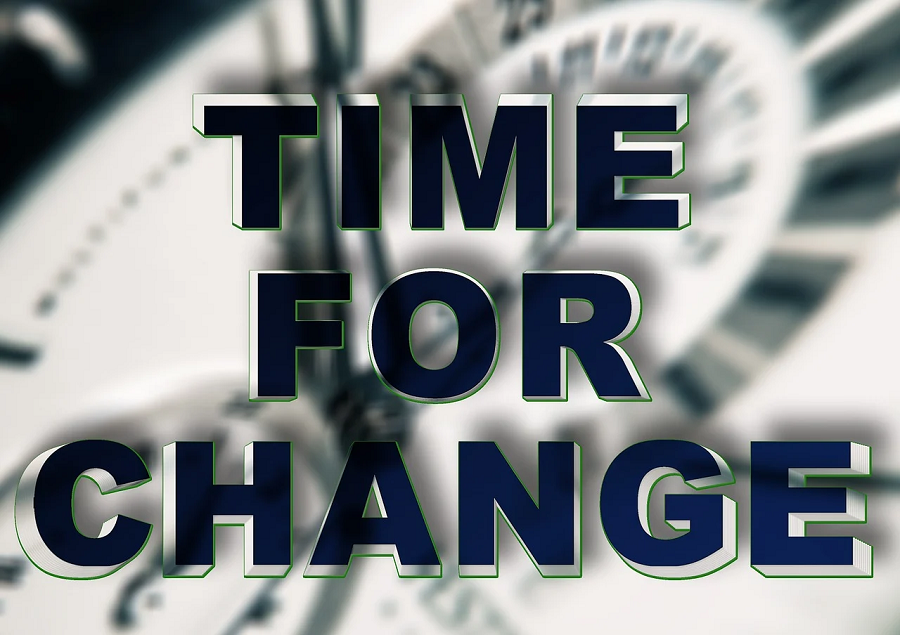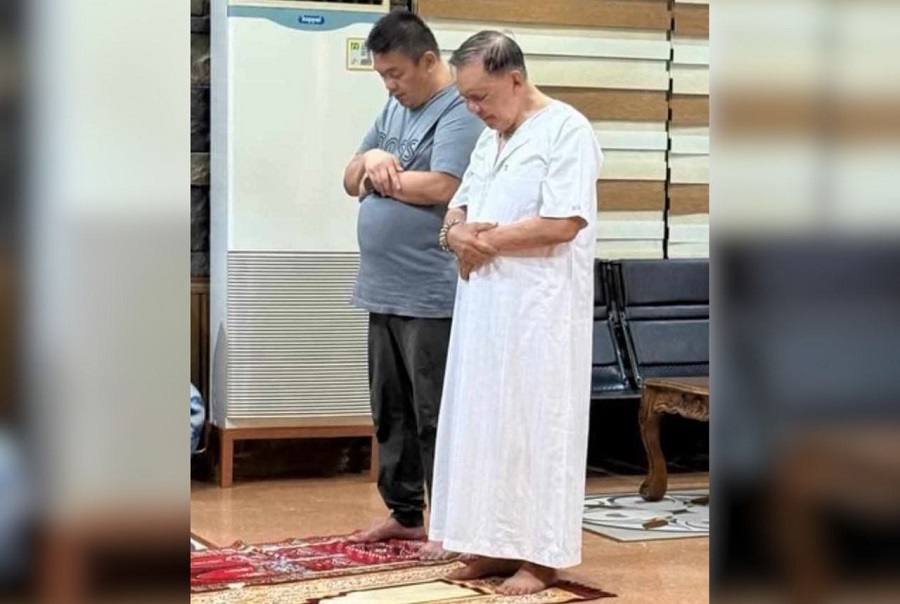The ongoing investigation into the alleged anomalies in the Department of Public Works and Highways’ (DPWH) flood control projects should not end with identifying who pocketed public funds or who signed off on questionable contracts. The scandal must serve as a wake-up call — a moment to confront a deeper, more systemic rot that infects government procurement across the bureaucracy.
Corruption in government projects is neither new nor happens only to DPWH.
Reform the System
It is a recurring disease that thrives in weak systems, opaque bidding processes, and the culture of impunity that allows public officials and private contractors to treat taxpayers’ money as their own.
The flood control mess merely exposed what has been festering for years: a procurement system that rewards manipulation, political patronage, and connivance.
We’ve seen this movie before — overpriced infrastructure, ghost projects, substandard materials, and “favored” contractors winning bid after bid. The difference now is that the evidence trail appears clearer and the public mood more impatient.
But if reforms are limited only to one department, the same abuse will simply migrate to another agency.
What the country needs is a comprehensive overhaul of the procurement process.
That means full transparency from project planning to completion, mandatory publication of contract details, open and competitive bidding, and real-time monitoring by civil society and media.
Technology can help — a digital procurement system reduces human discretion and provides a paper trail for accountability.
Strengthen Oversight
Reforming the system also means protecting whistleblowers, empowering independent oversight bodies like the Commission on Audit and the Office of the Ombudsman, and dismantling the networks of collusion that have long captured the bidding process.
The DPWH scandal should not just end in headlines and congressional hearings. It should be the spark that ignites a broader movement for clean, efficient, and accountable governance.
Unless we fix the system, every new project — whether it’s flood control, road construction, or school building — risks drowning in the same flood of corruption.
About the Author: Antonio Manaytay is a journalist and pastor based in Zamboanga Sibugay. He is the editor and publisher of the Daily Sun Chronicle and a correspondent for Rappler.



